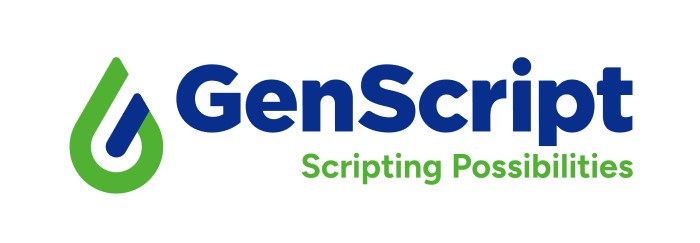Discover a webinar delving into targeted protein degradation (TPD), an approach using cellular machinery to selectively remove proteins, promising more effective treatments with minimized side effects. The classical small molecule drug discovery strategies are inhibiting the biological function of proteins of interest, which either block the active pocket or change the protein conformation. However, the significant disadvantages such as limitations in target candidates, dose issues and quick resistance foundations, are calling for a more preferable therapy with fewer side effects.
TPD, a strategy that utilizes the native protein homeostasis (or proteostasis) machinery to deplete proteins of interest (POI), represents a novel and promising therapeutic approach. Among them, ubiquitin-proteasomal degradation (UPD) is the most developed one. The core of UPD is bifunctional molecules, which can be small molecules, molecule chimeras or macromolecules, and harboring the ability to recognize and bind to both the target protein and the crucial components of ubiquitin ligase, by which the target protein is consequently specifically degraded. One bifunctional molecule can trigger multiple rounds of TPD.
Due to its advantages in low application dose and side effects, and the ability to make ‘undruggable’ druggable with less concern about direct activity inhibition, UPD drug development pipelines have increased dramatically in recent years for a variety of indications, including cancer, autoimmunity, neurodegeneration infections as well as agriculture.
To develop UPD drugs, both degrader components as well as target proteins are essential and are the start. Efficient and highly customized protein production will be a strong engine that can boost UPD drug discovery. GenScript has production experience on more than 200 ubiquitin ligase constructs and has provided thousands of high-quality target protein candidates.
Join this webinar to explore insights into TPD and learn new avenues for enhanced treatment efficacy through selective protein removal.
Speaker

Yongheng Huang, Doctor in Biochemistry, Protein Senior Scientist, GenScript
Dr. Yongheng Huang achieved his Doctor of Natural Science degree and did postdoctoral research at Freie Universität Berlin. The topic Dr. Huang focuses on is protein biochemistry, which includes protein-protein/nucleic acids interaction, protein-nucleic acids complex structure and function analysis. He elucidated the chaperon machinery for the rRNA transcription regulation complex and found the novel selective dimerization mechanism of SOXE proteins. His research findings have been published in research journals, such as molecular cell, nucleic acids research and nature communications.
Dr. Huang worked at Guangzhou Institute of Biomedicines and Health, CAS and BioLand Lab as a Scientist. After joining GenScript, Dr. Huang has been responsible for the management and technical improvement of the baculovirus-insect cell expression platform with his extensive research experience.
Who Should Attend?
This webinar will appeal to academic and industry professionals in the following fields:
- Protein function research
- PROTACs discovery
- Molecular glue development
- PROAb development
- Antibody therapeutics
- Immunotherapy
- Oncology
What You Will Learn
Attendees will gain insights into:
- What TPD and UPD are
- Advantages of TPD and UPD
- The current stage of UPD drug discovery and trends
- What Genscript offers in UPD drug discovery
Xtalks Partner
GenScript
GenScript is the leading contract research organization in the world providing gene, peptide, protein, CRISPR, and antibody. Since its foundation in 2002, GenScript has grown exponentially through partnerships with scientists conducting fundamental life science research, translational biomedical research, and early stage pharmaceutical development. The company is recognized as having built a best-in-class capacity and capability for biological research services, encompassing gene synthesis, peptide synthesis, custom antibody and protein engineering, and in vitro and in vivo pharmacology – all with the goal to make people and nature healthier through biotechnology by scripting possibilities.
You Must Login To Register for this Free Webinar
Already have an account? LOGIN HERE. If you don’t have an account you need to create a free account.
Create Account



